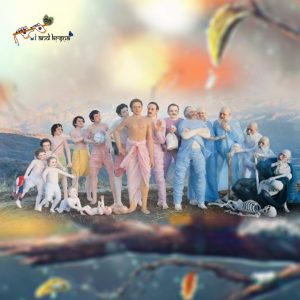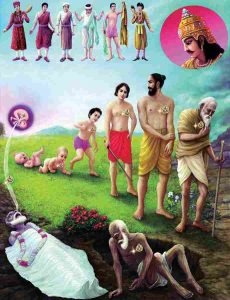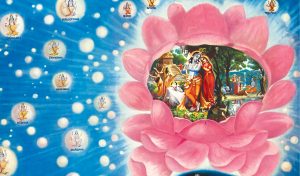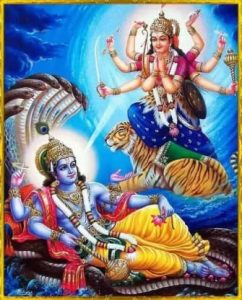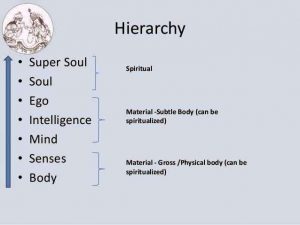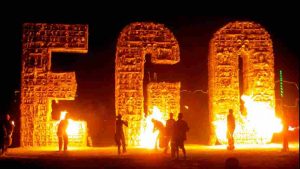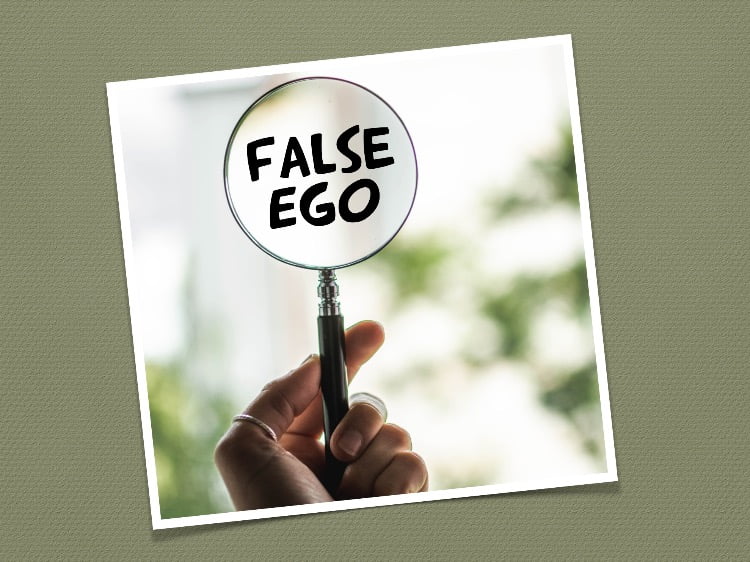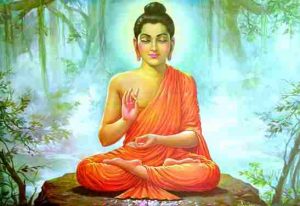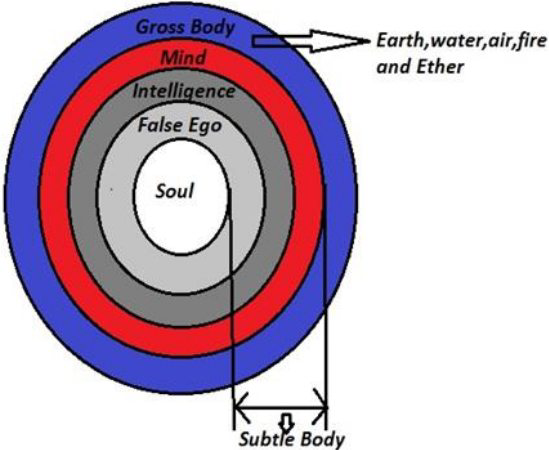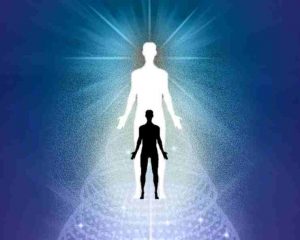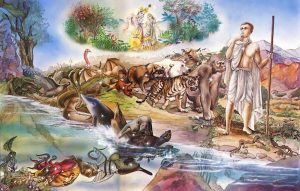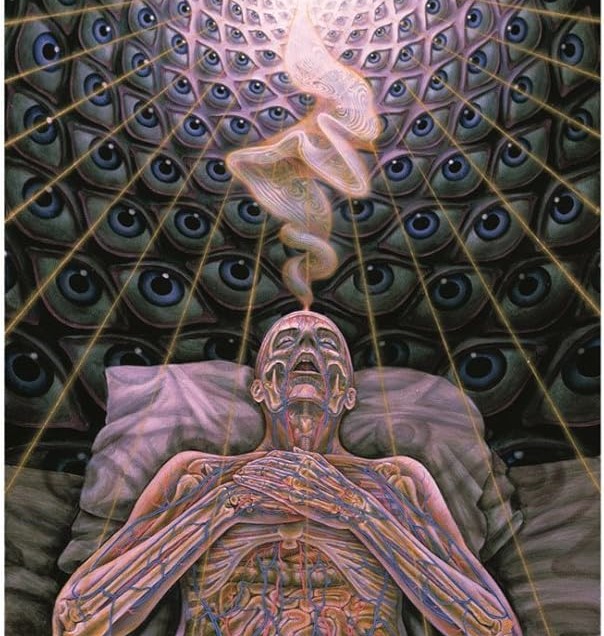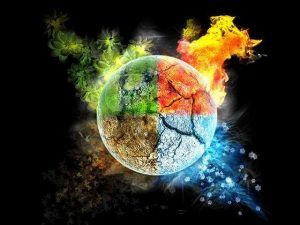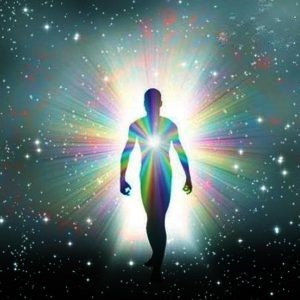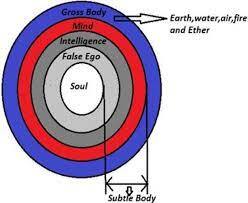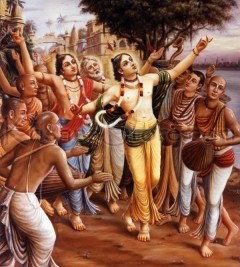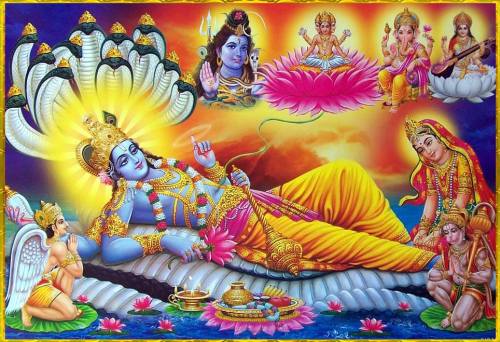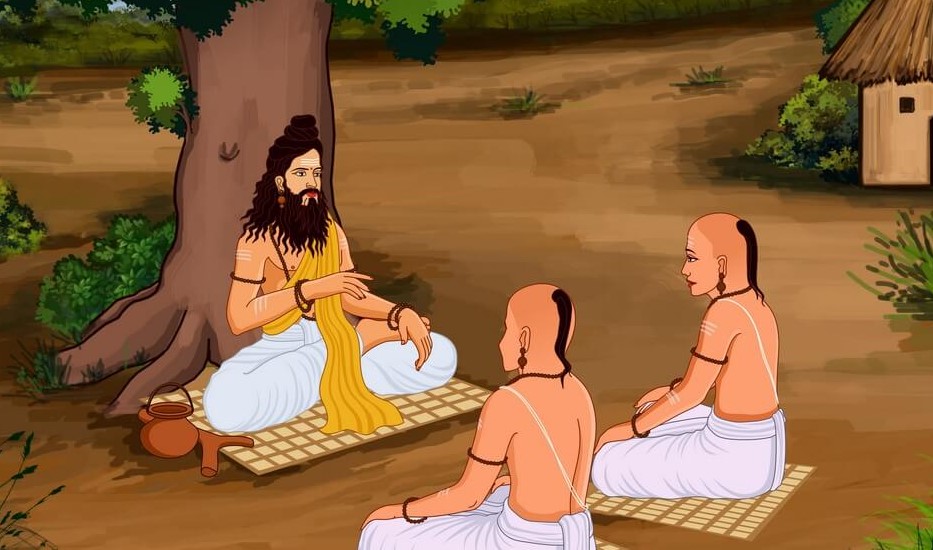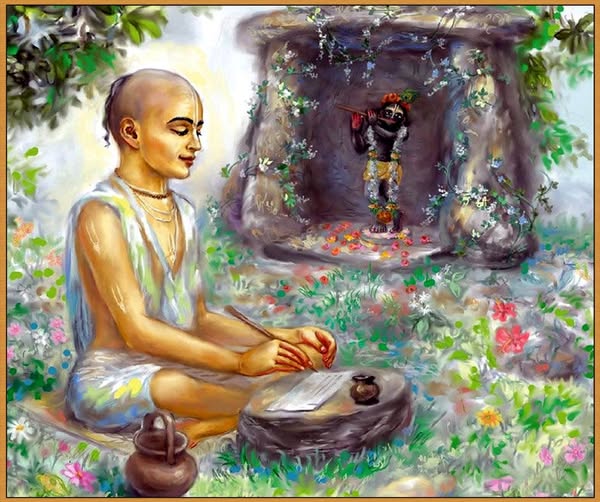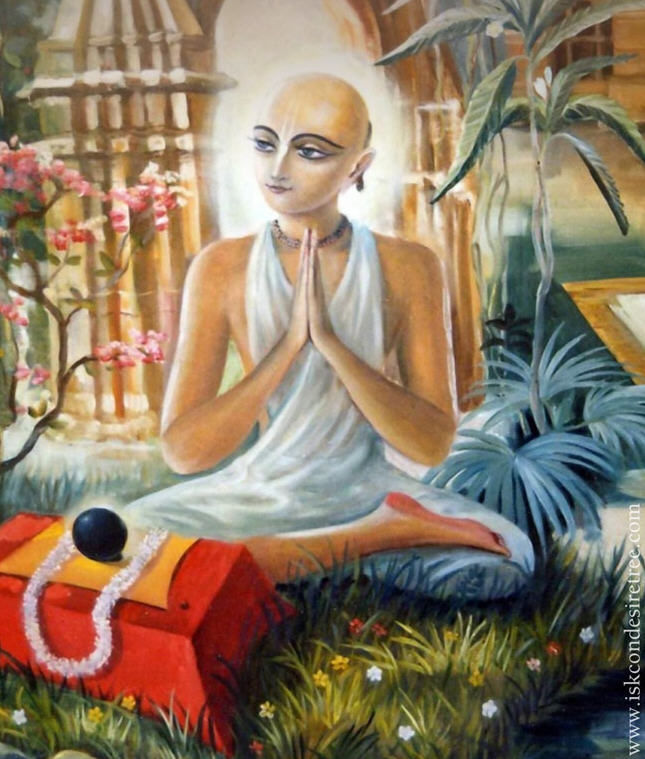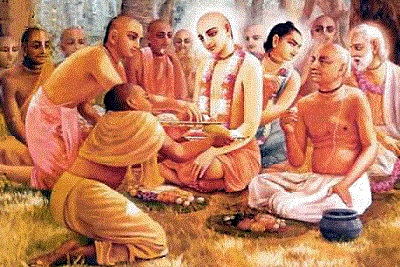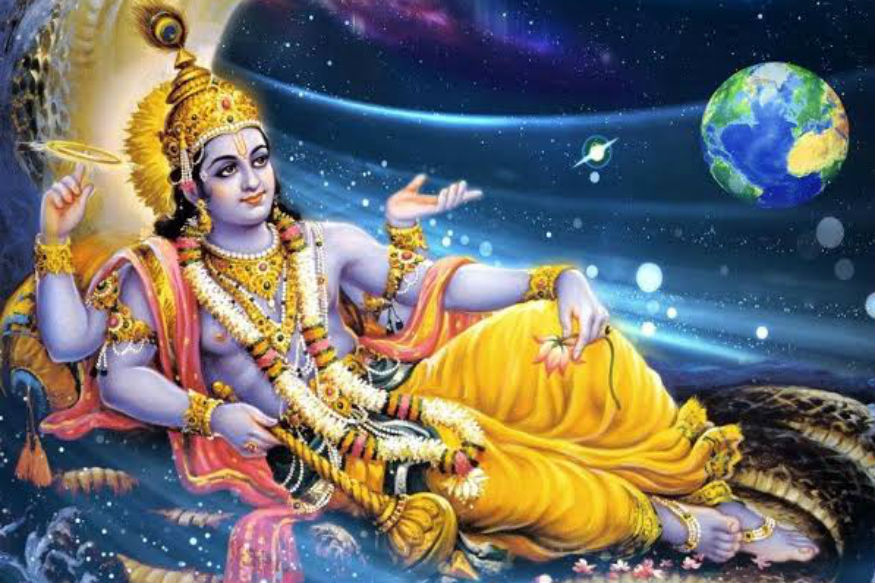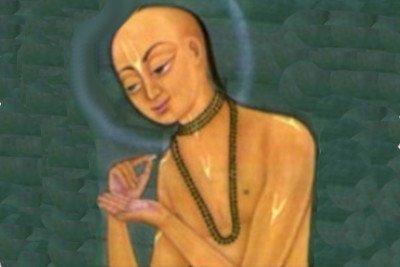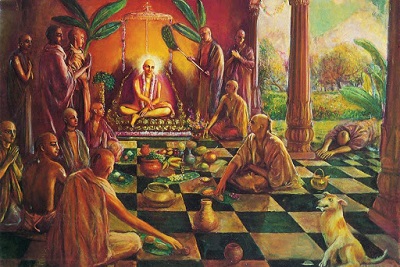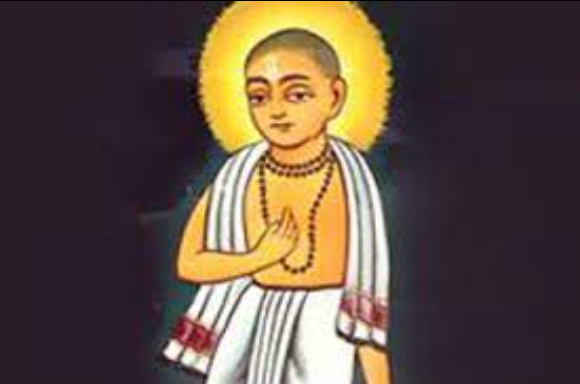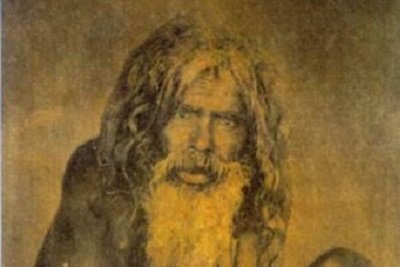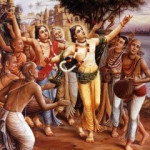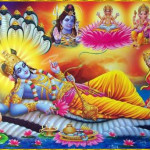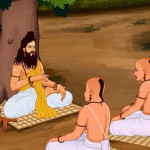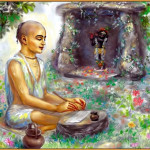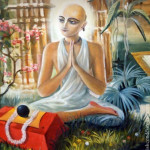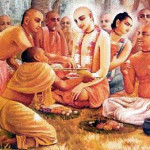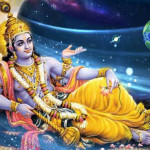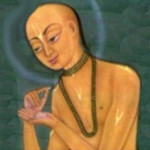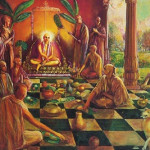It is not possible for this material existence to be the experience of either the soul or of the body.
Since the living entity is pure spirit soul, innately full of perfect knowledge and bliss, and since the material body is a biochemical machine without knowledge or personal consciousness, who or what is actually experiencing the ignorance and anxiety of this material existence? The conscious experience of material life cannot be denied, and thus Uddhava asks Lord Kṛṣṇa this question to elicit a more precise understanding of the process by which illusion occurs. The spirit soul is inexhaustible, transcendental, pure, self-luminous and never covered by anything material. It is like fire, which can never be covered with darkness because by nature fire is illuminating. Similarly, the spirit soul is svayaṁ-jyotiḥ, or self-luminous, and thus the soul is transcendental — he can never be covered by the darkness of material life. On the other hand, the material body, like firewood, is by nature dull and unilluminated. In itself it does not have any awareness of life. If the soul is transcendental to material life and the body is not even conscious of it, the following question arises: How does our experience of material existence actually take place? Here the word sannikarṣaṇam indicates that the pure spirit soul voluntarily connects himself with the material body, considering this a most fruitful arrangement. Actually, the situation is apārtha, useless, unless one uses one’s embodied situation to engage in the loving service of the Lord. At that time one’s connection is actually with Lord Kṛṣṇa, not with the body, which becomes a mere instrument for executing one’s higher purpose.
Source: A.C. Bhaktivedanta Swami Prabhupada (2014 edition), “Srimad Bhagavatam”, Eleventh Canto, Chapter 28 – Text 10, 11 & 12.


